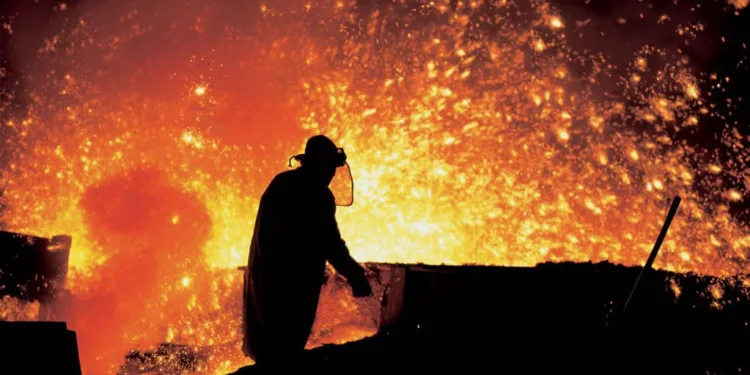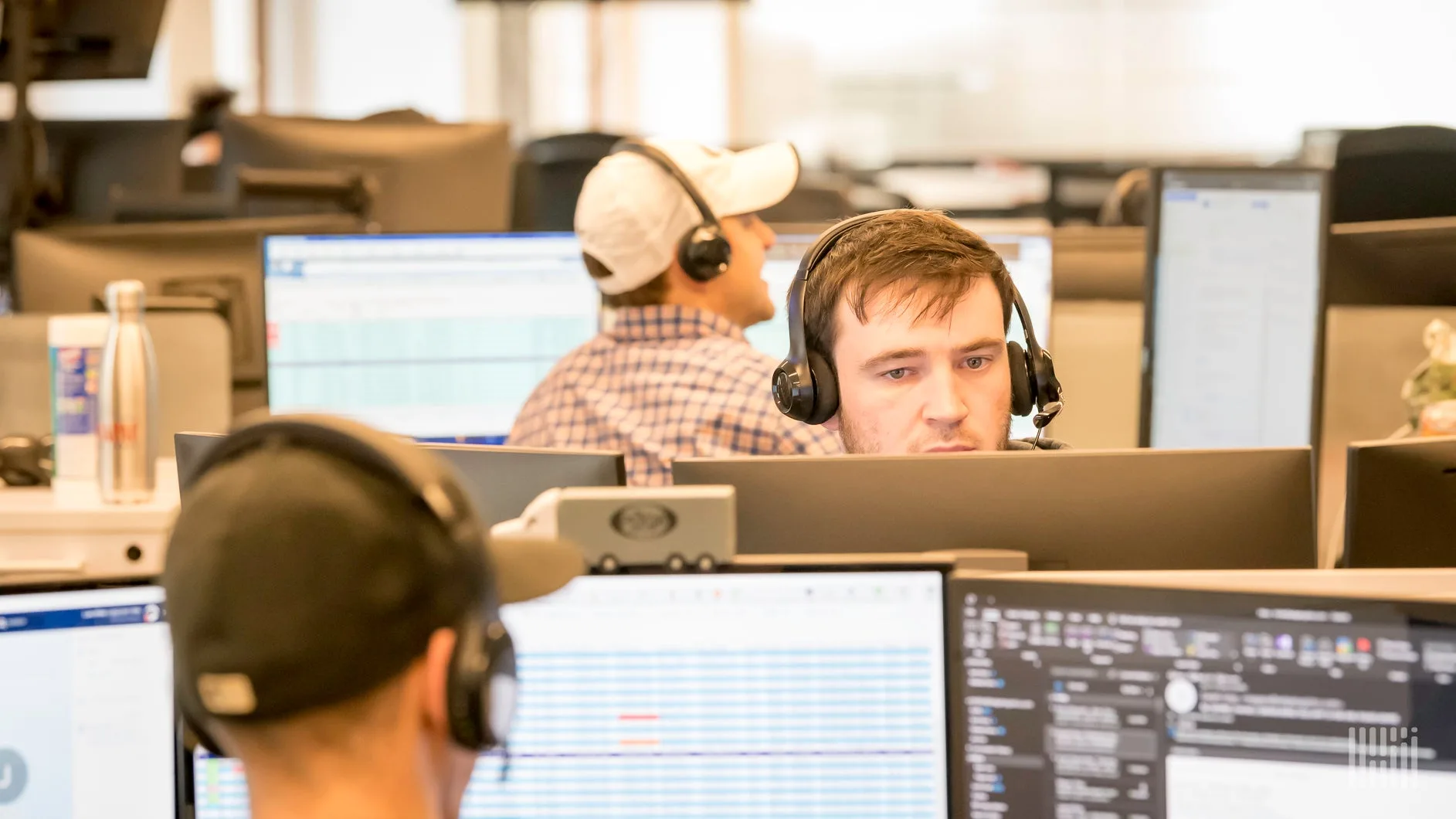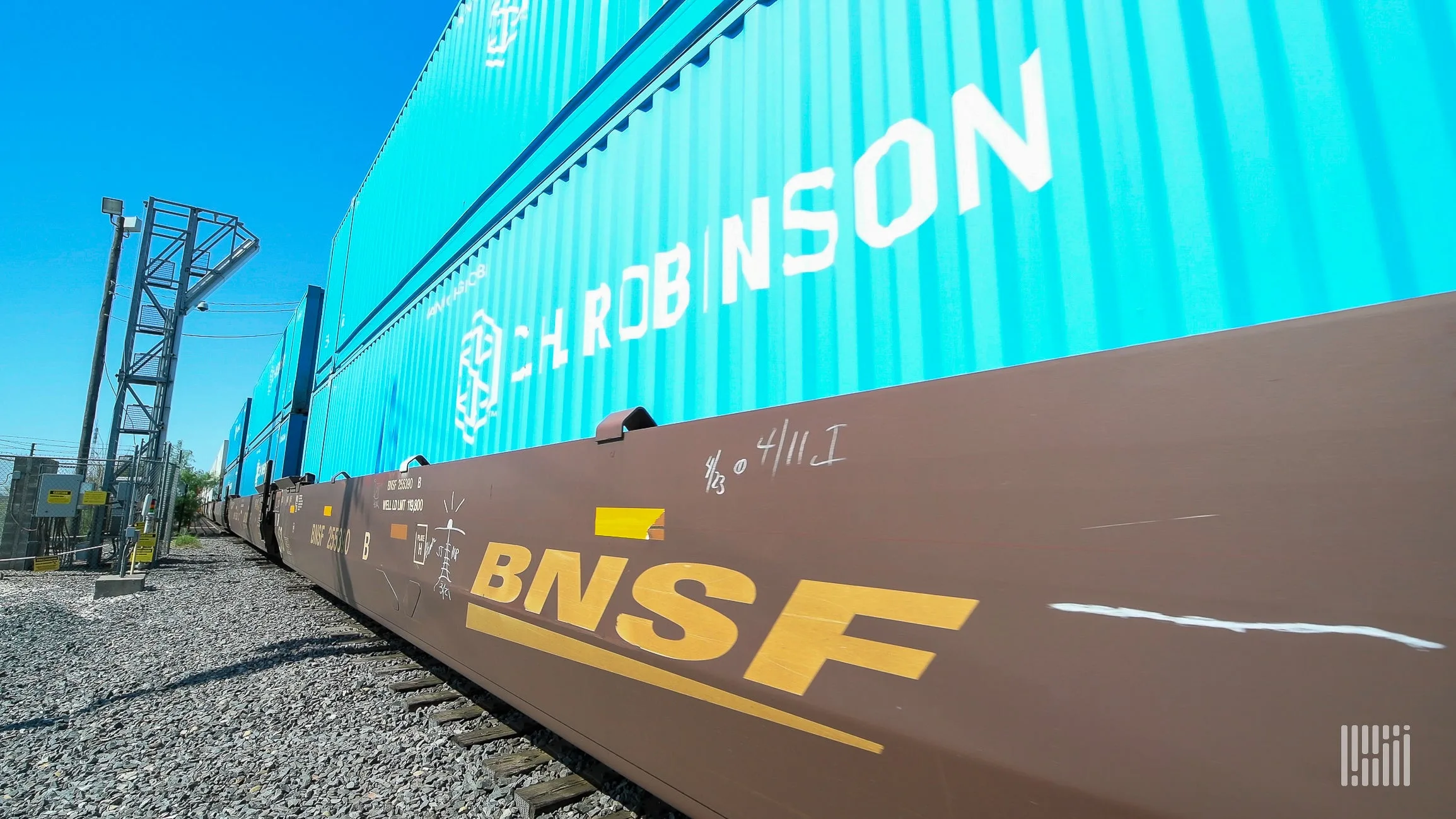Australia’s prime minister Anthony Albanese has waded into a spat between miner BHP and China.
Reports in China this week suggest China Mineral Resources Group (CMRG), the state-run iron ore buyer, has told steelmakers and traders to temporarily stop buying dollar-denominated shipments from BHP as negotiations over price break down. Confusion surrounds the news, however. Commodore Research and Consultancy, a well-respected observer of Chinese commodities, said yesterday that Chinese steel mills have not been ordered to stop buying BHP iron ore.
Nevertheless, Albanese said he was “concerned” by the reports.
“I want to see Australian iron ore be able to be exported into China without hindrance. That is important. It makes a major contribution to China’s economy, but also to Australia’s,” Albanese told reporters today, while Australian treasurer Jim Chalmers said he was arranging an urgent meeting with Mike Henry, the CEO of BHP, the world’s largest mining company.
BHP, for its part, has said it does not comment on commercial negotiations.
China takes up roughly three-quarters of global seaborne iron ore demand. BHP, the world’s largest listed miner, shipped about 290m tonnes in 2024, with 85% of that heading to China — equal to around 15% of global supply and 10–11% of tonne-mile demand.
Swedish investment bank SEB told clients that while a longer-term switch to Brazilian or future Guinean cargoes would lift tonne-mile demand, replacing BHP’s volumes in the short run is not feasible.
“We expect the disruption to be short-lived, but if prolonged, it would pose a meaningful headwind for dry bulk shipping,” analysts at SEB said.
CMRG was established by Beijing three years ago to manage the investment in overseas iron ore mines, including Simandou in Guinea and, secondly, to coordinate the buying of iron ore.
Roar Adland, head of research at broker SSY, said via LinkedIn that this week’s news points to a shifting power dynamic in the global iron ore market.
“China wishes to use this leverage to shift more of its commodity purchases to Yuan-denominated contracts to insulate the country from secondary sanctions through the USD payment system,” Adland suggested.



















